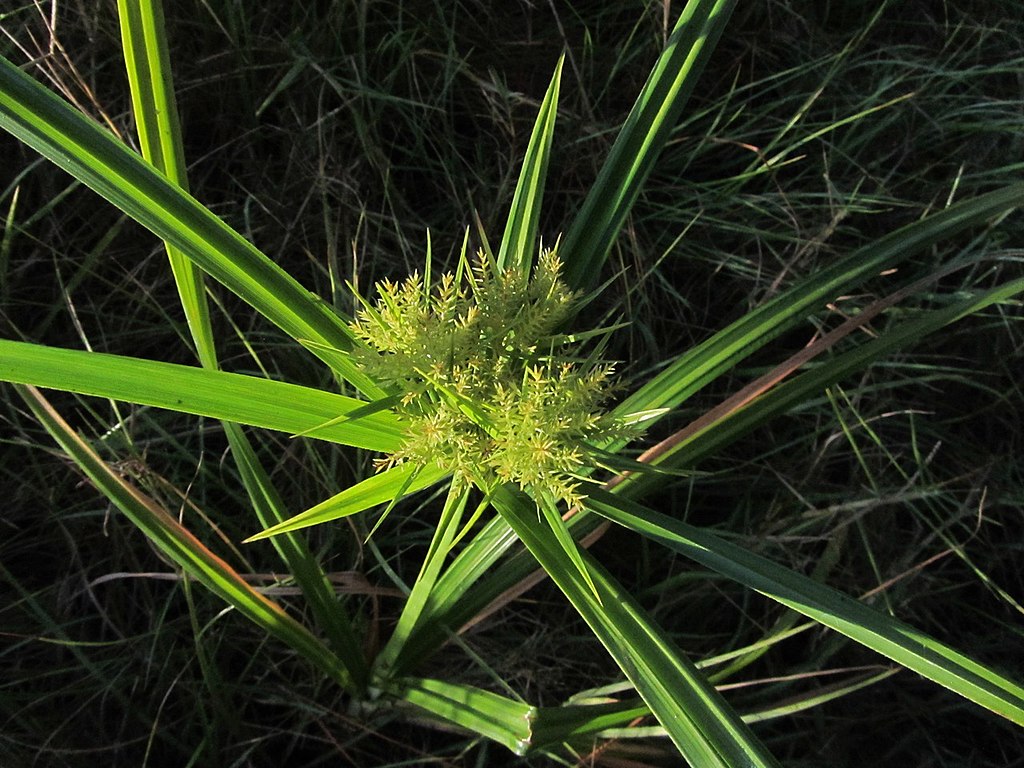
When it comes to maintaining a neat and tidy property, weeds in landscape beds can have a negative impact. Those beautiful flowers and shrubs that you have planted can really start to look messy when they’re being swallowed up by unwanted weeds.
Unfortunately, just like weeds can creep into the lawn, they can pop up in landscape beds and start to wreak havoc in little to no time at all.
In order to help you have a better sense of what you might be dealing with, let’s look at common weeds in landscaping in Memphis, TN and Olive Branch, MS area and how to deal with them. After all, you ought to be able to restore the aesthetic appeal that your landscaped areas have to offer.
There are a number of different weeds that can plague landscape beds in our region. Let’s look at 4 of the common ones that we often see.
Sedge grasses such as nutsedge (also known as “nutgrass”) are frustrating weeds in landscape beds due to being difficult to control.
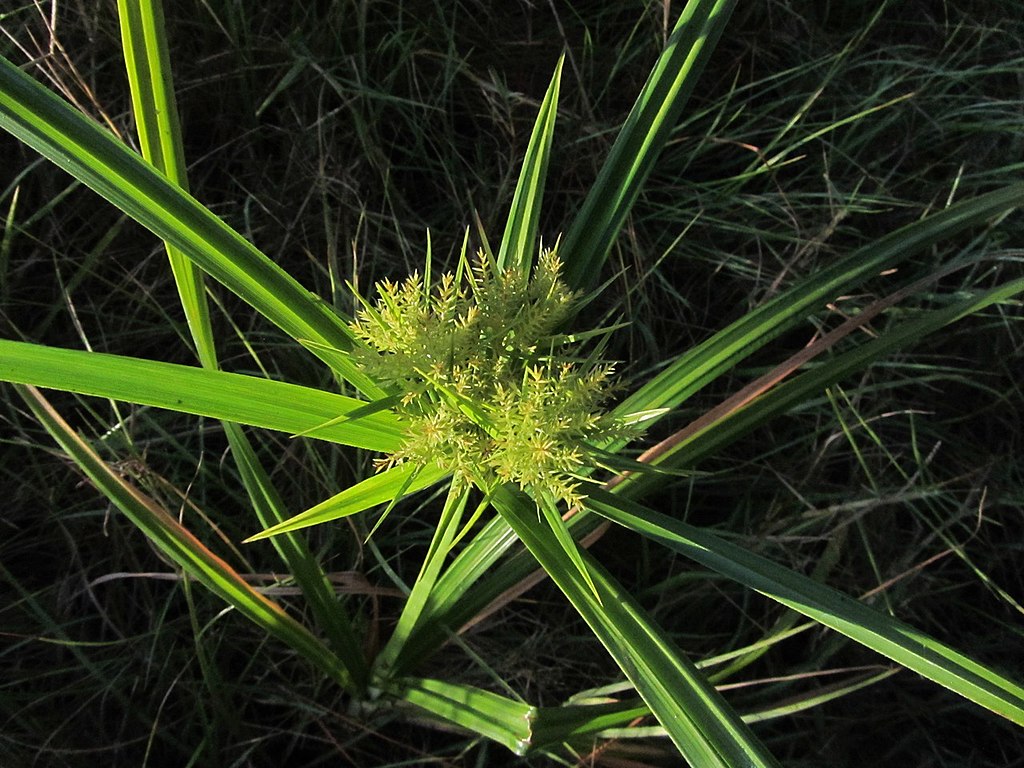
This annoying grassy perennial tends to prefer moist areas and can thrive in flower beds if not controlled properly. Due to its hardiness, it often takes multiple treatments to knock Nutsedge back with specialty products.
This weed has been called one of the most “problematic weeds of the South” due to its aggressive nature and ability to seemingly crop up everywhere—in both the lawn and the landscape.
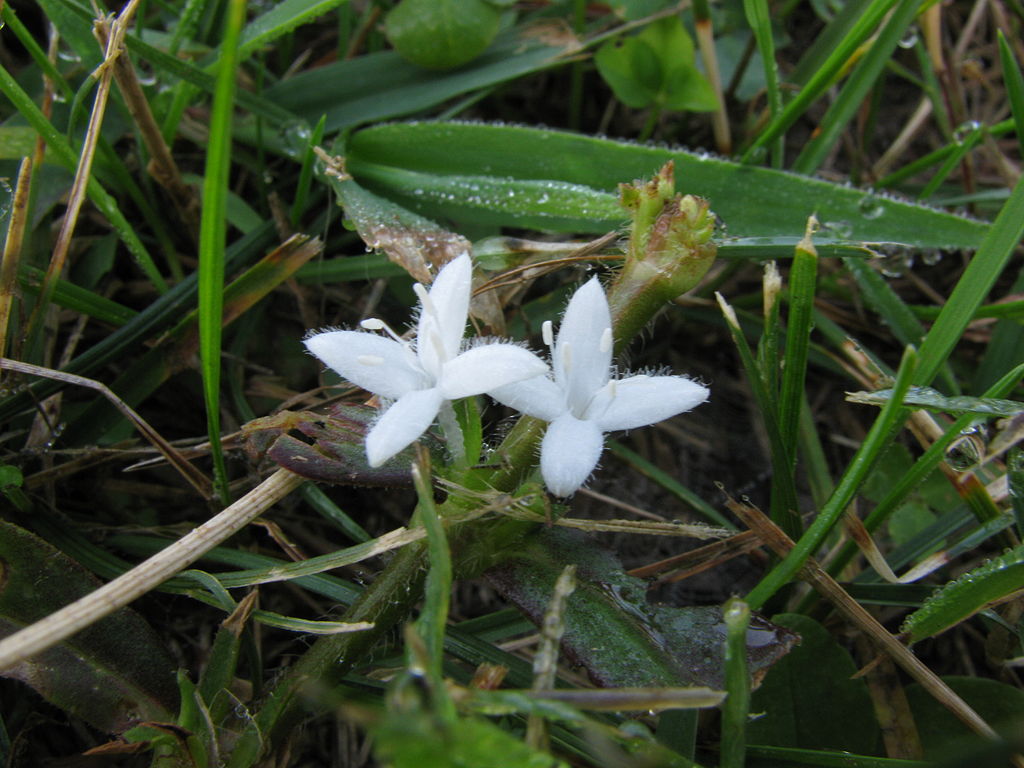
Virginia Buttonweed is a vining, low growing weed with straplike leaves about an inch long and four-petaled white flowers. If Virginia Buttonweed breaks through in plant beds, it may take more than one post-emergent treatment to control it.
When it comes to Monkey Grass (which is the common name for Liriope), the jury is tied on whether it’s a weed or a desired perennial. Plenty of homeowners use it purposely in their landscape beds, oftentimes as a border plant.
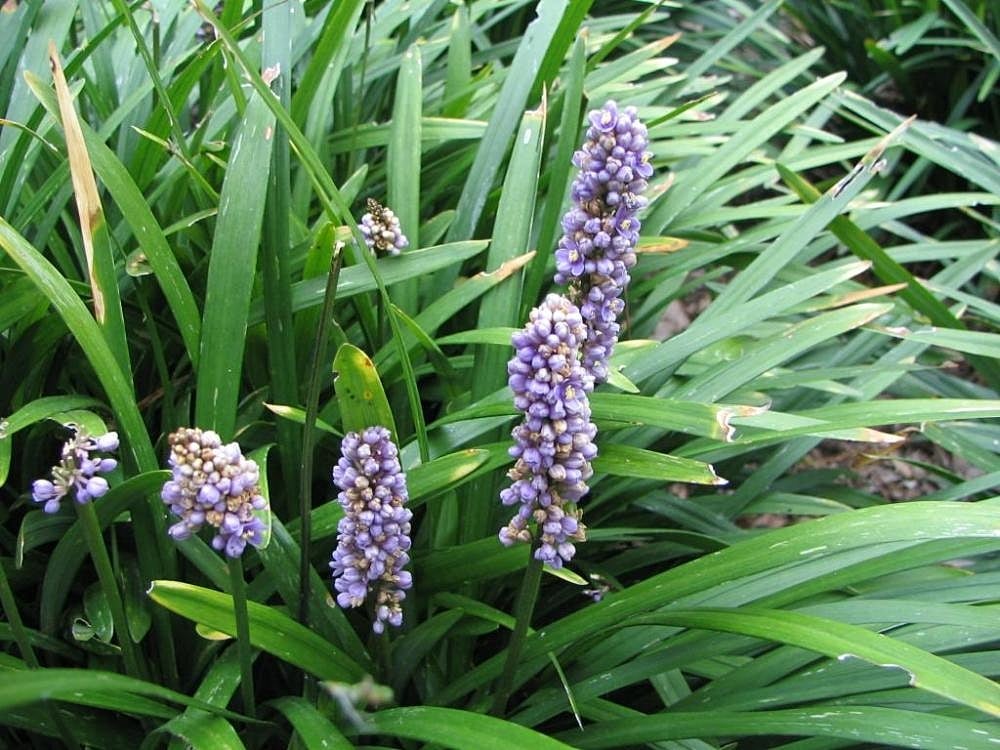
However, due to its aggressive nature, it can quickly take over. What started as a border may start to invade the rest of your plant beds or even your lawn. And sometimes, homeowners who didn’t want it at all, are unhappy to find out that it’s shown up as weeds in their landscape beds, anyway. It will take a specialized product to control Monkey Grass and can only be done non-selectively, meaning whatever you spray this material on will die.
Green Kyllinga can often be mistaken for another sedge or weed. But Kyllinga weeds tend to have a finer leaf texture and are shorter growing than other sedges.
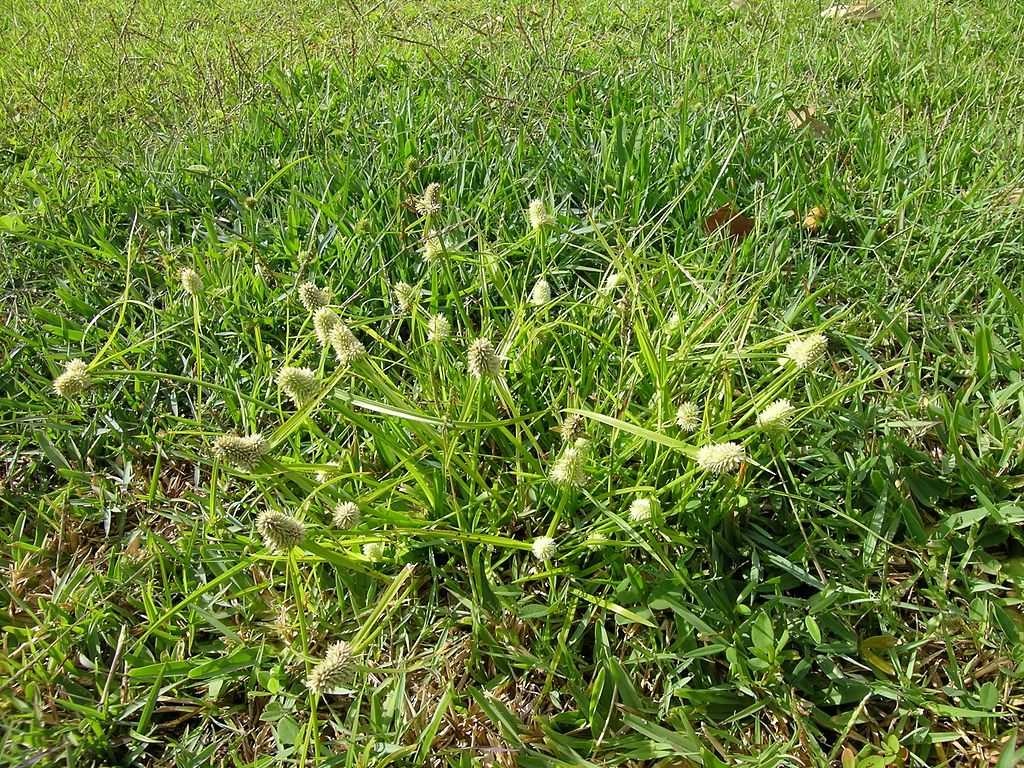
This weed grows in dense mats that can make a plant bed look unkempt and messy. Green Kyllinga can be difficult to get rid of, so prevention (with the use of proper mulching and pre-emergent habits) is ideal. It’s also important to get a handle on Kyllinga at the first sign of its emergence, as it can grow fast.
If you have plant beds around your home then you may be wondering how you can kill weeds but not harm the desired plants that are also there.
Fortunately, there are specialized products that can be used to address weeds but will not harm your plants.
Professional technicians are trained to know exactly what products to use and when to apply them so that they attack the weeds but don’t harm the landscaping.
Ideally, a regular rotation of weed control products should be utilized throughout the spring, summer, and fall, as part of a plan that is customized to your specific plant beds.
That includes pre-emergent products, which are those that prevent weeds by inhibiting their seeds from germinating. Preventing weeds in landscaping is obviously the best approach as many of these weeds are difficult to control once they do emerge.
Of course, it’s important to be realistic. Even the best pre-emergent products will not prevent all weeds. And some weeds don’t spread primarily from seeds, but rather, underground tubers. However, pre-emergent weed control should be able to reduce the majority of weeds and then are also post-emergent control products that can be utilized for any breakthrough.
These proactive measures will make a huge impact in the amount of weeds that manage to thrive in your landscape beds. While there may be the occasional need to pull a few weeds, these products will reduce weed pressure by anywhere from 70-90%.
Of course, weeds aren’t the only potential nuisance that can impact your plant beds.
Unfortunately, your plants can also succumb to problems like disease or pests. This can take a toll on their health and affect their overall appearance. A serious problem could even kill your valued plants. But there are solutions out there to promote stronger and healthier plants.
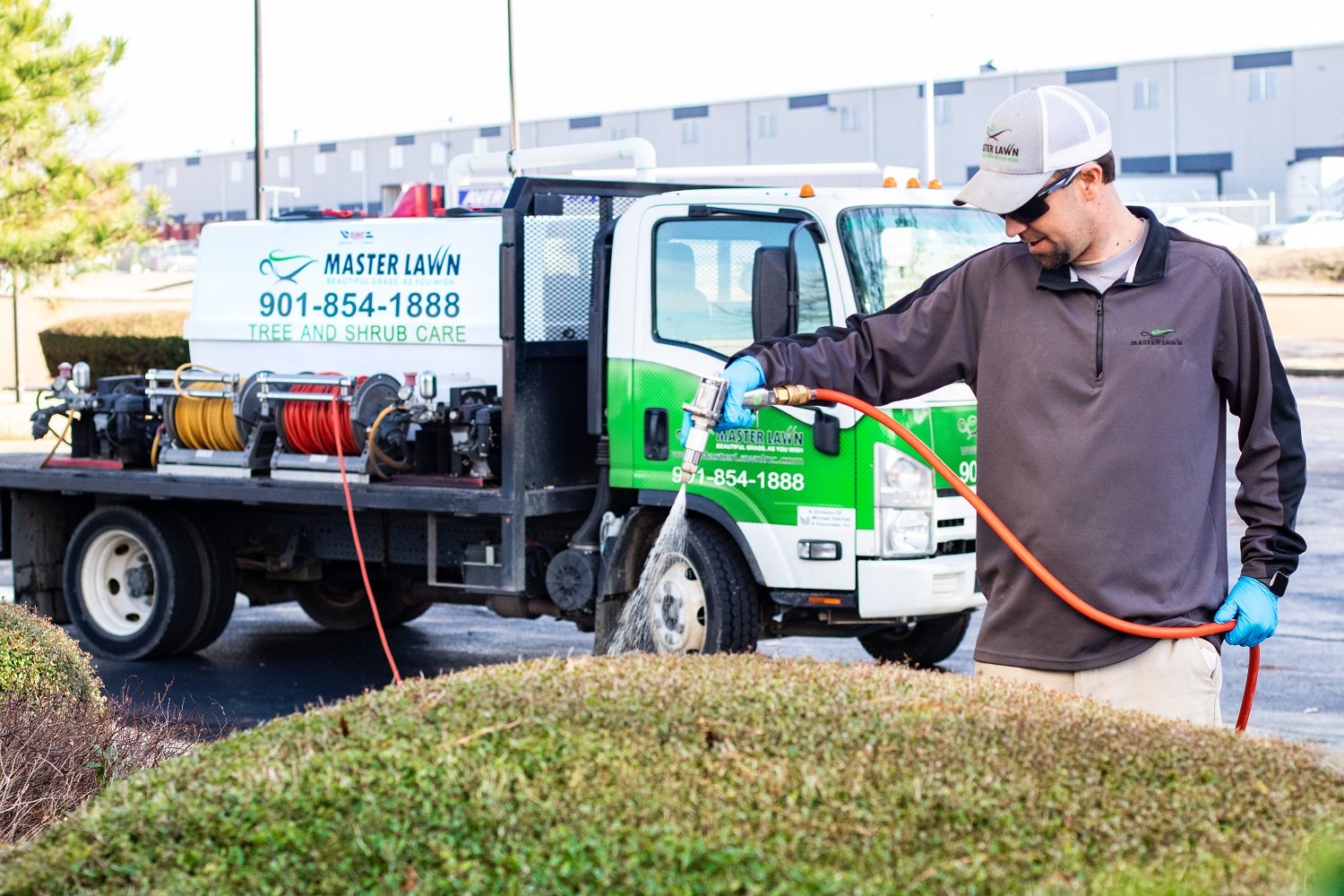
At Master Lawn, our Landscaping Weed & Feed program includes a rotation of pre-emergent and post-emergent products for weed control as well as the application of organic, probiotic soil additives that will help improve your plants’ overall health. It’s a value-added service that many of our customers have grown to appreciate.
The addition of microorganisms (like beneficial fungi and bacteria) will assist your plants in their ability to digest nutrients in the soil. This will make them stronger and allow them to better defend against disease and pests.
With your plant beds covered by the protection of our Landscaping Weed & Feed program, you won’t have to spend so much time being stressed about the appearance of weeds in your landscape beds. You’ll know that those concerns are being handled by a professional that knows exactly what your landscaped areas need. As a result, you can get back to having a neat and tidy property that continues to look and perform its very best.
Ready to win the battle against weeds in your landscaping? Talk to one of our experts about adding a Landscaping Weed & Feed program so that you can become the master of your lawn.
Image sources: nutsedge, virginia buttonweed, monkey grass, green kyllinga
Michael Hatcher is Founder / Chairman of Michael Hatcher & Associates.
These Stories on Weed Control
8255 Center Hill Rd
Olive Branch, MS 38654
8164 MS-178
Olive Branch, MS 38654
Phone: (901) 445-9336
Fax: (901) 853-7353
Copyright © Master Lawn | All Rights Reserved.